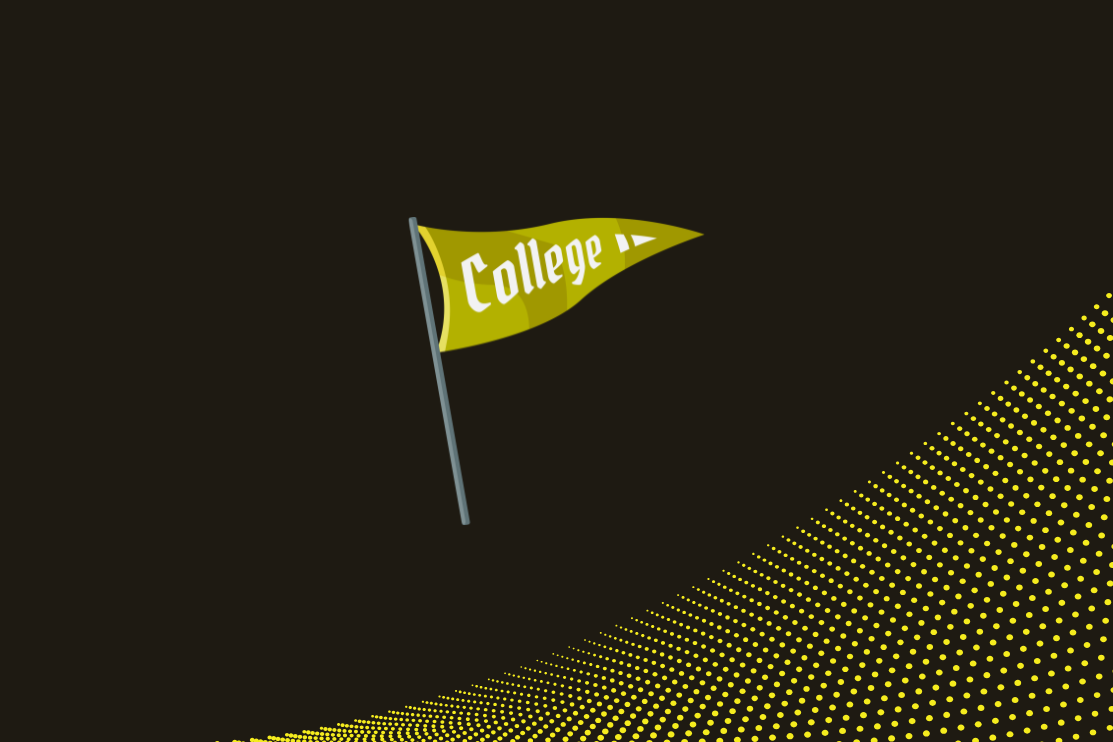How To Make A Profound Difference For Students Who Will Be First Generation College Students
How To Make A Profound Difference For Students Who Will Be First Generation College Students
How To Make A Profound Difference For Students Who Will Be First Generation College Students
How To Make A Profound Difference For Students Who Will Be First Generation College Students
How To Make A Profound Difference For Students Who Will Be First Generation College Students
How To Make A Profound Difference For Students Who Will Be First Generation College Students
Don't miss our breakout sessions!
Book time with our team on-site!
Our team is excited to meet you. Book a time that works best.


One of the primary roles high school counselors play is guiding each group of students to graduation and preparing them for a successful life beyond that event. Counselors must ensure that whole cohorts of students are appropriately progressing through course sequences, earning the necessary number of credits, and meeting GPA, testing, community service, and other requirements in a timely manner. And, that is just the start of truly ensuring students are college and career ready. Making sure that students have options that match their strengths, challenges, personal preferences, and hopes beyond high school requires a tremendous amount of additional support and guidance. Unfortunately, many students enter high school without having been aware of the process and do not have access to resources or support systems outside of school to assist them on this journey.
First generation college-seeking students often face particularly challenging circumstances in their access to support and resources beyond school staff. These students are unable to draw on the experience of their immediate families. Statistics show they are disproportionately low-income and lack awareness in how to navigate the complex network of funding possibilities available. And, often, they do not have built-in support or cultural networks once they arrive on a college campus. These obstacles can be overwhelming to students and make it difficult for them to complete the steps for college access.
Supporting first generation college-aspiring students is critical and can be done when counselors create systems to identify students who need support and then organize processes to provide that help and guidance. It is essential that counselors make all college preparation steps explicit and transparent; that they make no assumptions about available resources at home; and establish and then nurture connections between students, their families, and broader social and cultural networks. Use the tips below to help build relationships, expand community awareness, and set interim goals to support students hoping to be the first generation in their family to pursue a postsecondary educational goal.
Ways to Support:
- Connect students and families: Support from peers who will also be first generation college students is vital to helping students feel they are not alone and to motivate their efforts as they plan for college. Counselors can work to create opportunities for these students to connect, as this group of students uniquely understands one another’s perspectives and experiences and can provide support, advice, and comradery as they discuss topics and issues not easily understood by other peers. Families of first generation college students might also benefit from forming relationships with other families working through the same questions, or even those families of students a year or two older who can share important lessons learned.
- Anticipate questions: Simply being open to receiving questions is often not enough to support first generation college students and their families. Students and families who are getting ready for the family’s first college experience often do not know what information to look for or what questions to ask. Counselors should take care to consider what information needs to be shared and the most productive timing and mechanism for distributing that information. Being thoughtful about these students and families in communications and outreach can actually help to improve clarity for all students heading to college, as it likely prompts more details and explanations to be shared throughout the college preparation journey.
- Provide additional support for the college application process: Beyond helping students and families with a general understanding of all of the steps of the college preparation process, students who will be the first in their families to attend college will likely need additional layers of support during the college application process. Without a family member who understands the nuances of the process, applying to college can feel overwhelming. To mitigate these feelings and to keep students on track for their postsecondary plans, counselors can work to establish scaffolds that can support students through each step. Counselors might work with students to create a calendar or deadlines; help families understand the costs associated with applications and identify funding support if needed; seek support from English teachers to help brainstorm and review essays and create resumes; and set up mock interviews to help students practice interview responses and etiquette.
- Provide targeted support to apply for financial aid and understand award letters: The financial aid components of the college planning process are challenging to fully grasp, even for those with previous experience with the process. First generation college students and their families will likely require additional support completing the FAFSA, deciphering financial aid packages, and determining how to finance college. Counselors can be instrumental in communicating with families about how to maximize financial support and make the best choice for their family to ensure that finances are not a barrier college attendance. Because of the personal nature of financial conversations and all of the variables to consider, counselors might choose to communicate with students and families one-on-one to provide the most individualized information and support possible.
- Use first generation alumni as a resource: Deciding to go to college when others in your family have not can bring about feelings of tremendous pressure to succeed and even a sense of guilt or betrayal to others who have not had the same opportunities. Counselors can provide a critical lifeline for these students by helping them to connect with mentors who have experienced being a first generation college student, themselves. These individuals can serve as role models for students–discussing their own path and what they did to overcome challenges–with their mindsets, sense of self, and navigating the logistics of their college journey.
- Connect to resources that will help with college persistence: Many students have family members–both immediate and extended–who have gone to college and are equipped to support their journey. For first generation college students, these systems of support are often not as large or able to fully relate to the experience. Counselors can help connect students to support at their future college–including personal introductions to counselors and mentors as well as an overview of available resources. This targeted support can help students unfamiliar with what to expect build a foundation of tools and connections that can sustain them during their college experience.
Counselors have the power to change lives.
Supporting first generation college-going students to attain and then succeed in higher education yields powerful outcomes at many levels. There are tangible, positive results from the success of the individual student, as well as improvement in the long-term trajectory of their extended families and community. Counselors perform a critical role in realizing these dreams–they can bring awareness, enable access, and help create systems of support that can be game changers for these students.
The steps counselors take–in creating processes and providing supports and resources–make a profound difference for first generation students and can be a model for CCR best practices. Scaled and applied to all students, these kinds of resources, support, and guidance can ensure that students from all backgrounds are able to realize their full postsecondary potential.
Related Posts
See All




